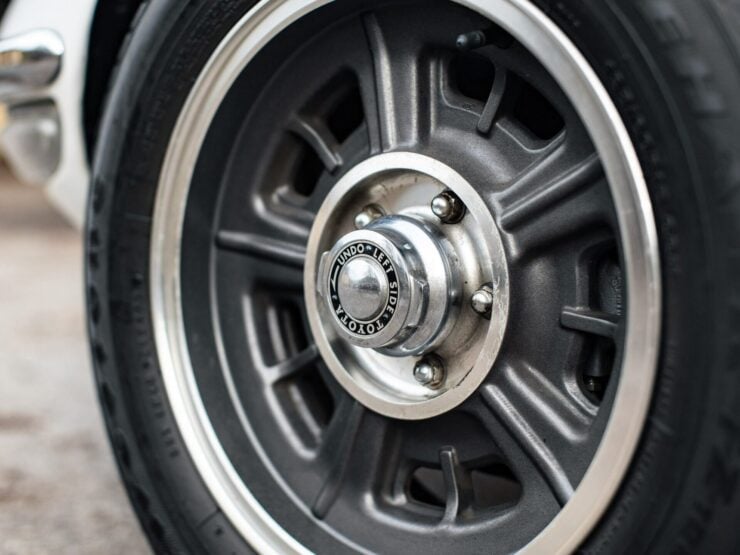The Toyota 2000GT was a car that made the automotive world sit up and take notice. Its design and the impeccable quality of its construction made it a stand out example of what was to come in the future from Toyota, a company better known for cheap economy cars in the 1960s.
This was a Japanese halo car that would have a great impact on how people thought about cars from the Land of the Rising Sun, just as Japanese motorcycles in that period transformed people’s expectations of production motorcycles and raised the bar significantly.
Fast Facts – The Toyota 2000GT
- The Toyota 2000GT was originally created, not by Toyota, but by Yamaha, and its starting point was work done by Yamaha with Nissan. That work would later result in the creation of the acclaimed Datsun 240Z.
- The Toyota 2000GT was not created with the idea that it would become a profitable regular production car: but rather that it would be a Halo Car to establish Toyota as a maker to be ranked with the likes of Jaguar and Porsche.
- To this end no effort was spared in creating the best sports GT that Japan could achieve, and the 2000GT was in every respect exactly that.
- In both its design and in its construction the 2000GT achieved great attention to detail and impeccable build quality.
- In total just 337 Toyota 2000GT were made by Yamaha between 1967 and 1970.
A Short History Of The Toyota 2000GT
Back in 2014 Classic & Sports Car magazine did a side-by-side comparison between a 1963 Jaguar E-Type, a C3 Chevrolet Corvette Sting Ray, and a Toyota 2000GT. On the team comparing the cars was a British motor journalist who concluded that among the three cars the Toyota 2000GT was “the only car here that feels like a sports car.”
When we consider Japan as a nation they have earned for themselves a reputation for attention to detail, excellence in quality control, and the ability to take a design and refine it to the point where technology becomes art. They accomplished that with the Japanese katana, and they set out to accomplish that in the creation of the Toyota 2000GT.
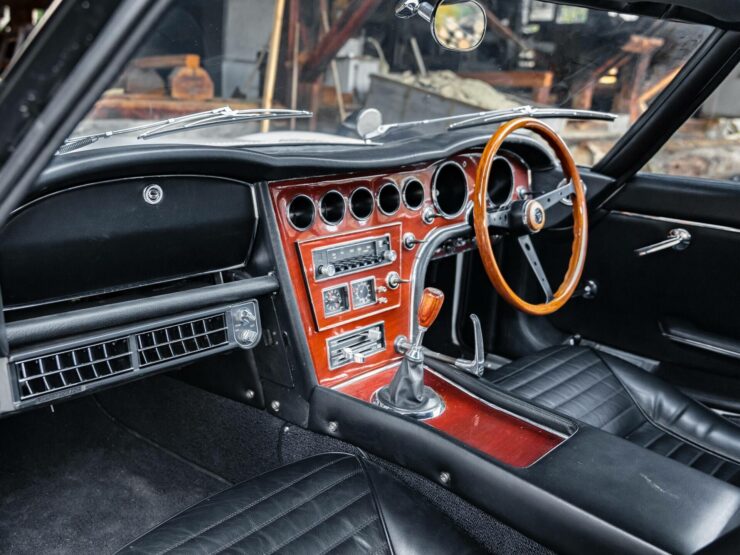
The cockpit of the 2000GT is pure-bred GT complete with wood veneer dashboard made by Yamaha craftsmen.
Many are unaware that the Toyota 2000GT did not start out as a Toyota project. You can read a more detailed history of the car in our article “A Brief History of the Toyota 2000GT – Everything You Need To Know“.
The 2000GT actually began in the mind of designers at Nissan/Datsun who were intending to create a sports car with which to compete with the British and Europeans back in the early 1960’s. Back then Porsche were selling their Porsche 356 which was quite popular given its good performance and handling, all synchromesh gearbox, and good fuel economy. From the British there were a veritable plethora of traditional sports cars such as the MGA and MGB, Austin-Healey Sprite and 3000, Jaguar XK 150, and of course the beautiful E-Type (XKE). Not to be left out the Americans had the Corvette.
Nissan worked on a GT style coupe with fixed roof which was called the A550X. It used the engine and gearbox from their Datsun Fairlady 1500 and 1600 traditional roadster open sports cars but got some assistance from American freelance designer Albrecht Graf von Goertz. The A550X prototype had front styling quite reminiscent of the second generation Chevrolet Corvette and had pop-up headlights.
To create their prototype Nissan got motorcycle and musical instrument maker Yamaha to work with them on the project, but then Nissan’s leadership decided that it was not going to be a really viable commercial proposition and so they gave up and left Yamaha to go on alone if they chose to.
Yamaha continued and by September 1964 they had created a working prototype. Yamaha did not want to go it alone with their sports car prototype and so approached Toyota and they turned out to be interested in the idea of a Toyota sports car, but their vision was different to that of Nissan. Nissan were going to create a modestly priced enthusiasts sports car like the MGB and Triumph TR4, whereas Toyota wanted to create something that would compete with the Porsche 911 and Jaguar E-Type. A car that had excellent performance, impeccable handling, and styling to stand tall with the best that the Italian design houses could create.
Toyota seem not to have been too worried if their new sports car would be a profitable business success: instead they were intent on creating a Halo car, as Mazda also did with their Cosmo. This sports car was to do for Japanese cars what Honda, Yamaha, and Suzuki had done for Japanese motorcycles. The intent was to raise the public’s perception of Japanese cars to be above that of their American, British, and European competition.
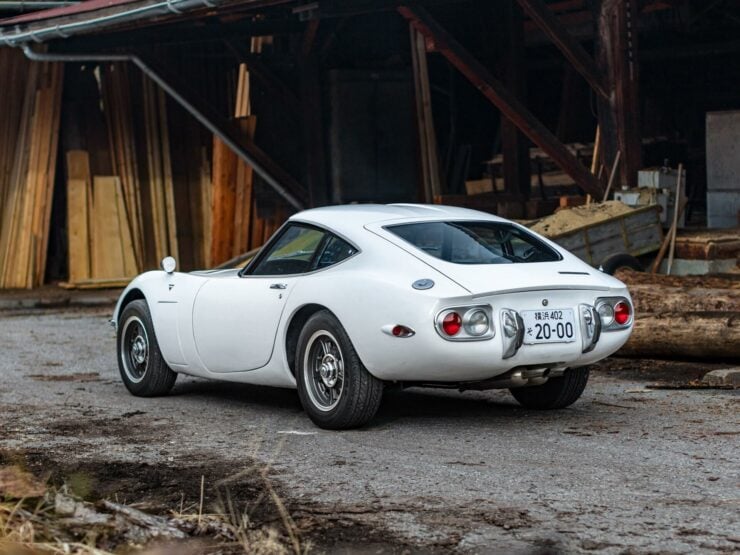
The Toyota 2000GT has a design that is at once European in style yet with unique Japanese characteristics.
When we look at the design of the Toyota 2000GT we can see that the design team took the time to study best practices used by their competitors. From the design that emerged we can tell that no expense was spared to create a car that was as close to perfect as it could be.
The Design and Build
As with building a house – the foundation is the most important thing as it must support the building, and in the case of a car it defines the character of the completed vehicle. Toyota chose to use a steel backbone chassis much as used on a number of Lotus cars such as the Elan, as the foundation of their sports car. Onto that steel chassis was fitted a semi-monocoque body which may be of aluminium or steel depending on when the car was built.
For suspension the choice was obvious: fully independent front and rear by unequal length upper and lower wishbones with coil springs, telescopic shock absorbers and anti-roll bars front and rear. Brakes were to be servo assisted discs all around, 11 inch at the front and 10.5 inch at the rear. Steering was rack and pinion.
Toyota wanted to use their 2.0 litre inline six cylinder gasoline engine and so this was extensively re-modeled to become a 1,998 cc twin overhead camshaft sports car engine breathing though triple Mikuni-Solex 40PHH carburettors. The engine was transformed from a SOHC to a DOHC for the 2000GT by use of a custom Yamaha designed alloy cylinder head.
This engine produced 148 hp at 6,600 rpm and torque of 129 lb ft at 5,000 rpm and it sent power to the rear wheels via a five speed all synchromesh gearbox and a limited slip differential.
The performance was balanced with standing to 60 mph achieved in 10 seconds, the standing quarter mile in 15.9 seconds with a speed of 97 mph, and top speed of 133 mph – depending on the final drive ratio fitted to the car.
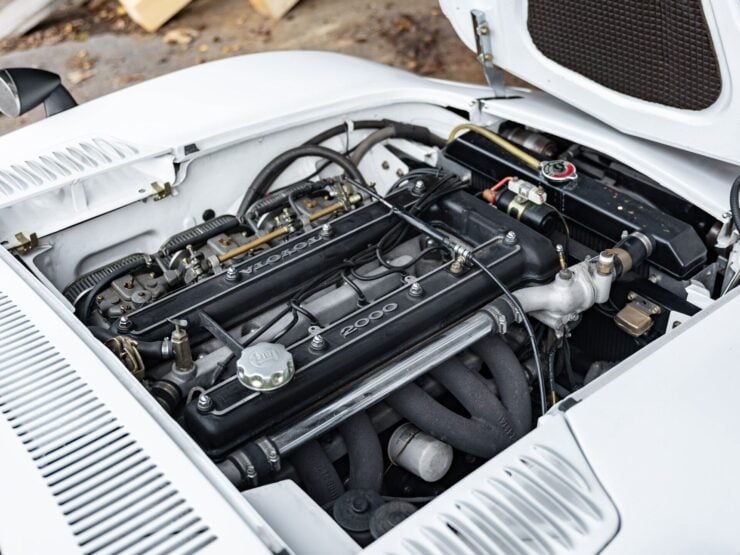
The 1,998 cc DOHC engine started out as a SOHC standard Toyota engine which was re-designed with a new Yamaha alloy cylinder head to turn it into a remarkably flexible sports car power plant.
The bodywork design was primarily the work of Toyota industrial designer Satoru Nozaki. Nozaki created a body style with graceful flowing curved lines that Ferrari would be happy with, the roof even featured styling reminiscent of a Zagato “double bubble” for the driver and passenger’s head room.
Nozaki’s original concept had the headlights integrated into the front of the car at bumper hight, but US regulations required them to be higher so the 2000GT acquired pop-up headlights, and the original lights were retained as driving lights, making the 2000GT a proper sports car with headlights that that would blow the night darkness away rather more effectively than most of that era.
The interior of the 2000GT was made to be equal to or better than its contemporaries and Yamaha’s musical instrument craftsmen plied their skills in creating the rosewood veneer dashboard providing the perfect frame for the engineer’s dashboard.
In creating the 2000GT Toyota and Yamaha succeeded in creating a sports car that was indeed the equal of prestigious performance cars being created in Britain and Europe. Their attention to detail and quality control were beyond reproach.
The Toyota 2000GT for Sale
The Toyota 2000GT that is coming up for sale on Wednesday 1st February 2023 is number MF10-10050 and comes from the Degenève Collection. It is one of the desirable first series cars of which only 233 were made.
This right hand drive car left the Yamaha factory where the 2000GT cars were made on 26th July 1967 and was allocated to the Japan domestic market. It was finished in “Pegasus White”, a colour appropriately named after the flying horse of Greek Mythology.
The car was subject to restoration in Japan before being imported into Europe in 2013. The car has made appearances at events including Epoqu’Auto in Lyon and Auto Rétro in Vetraz-Monthoux, and has been on display in a Toyota showroom.
You’ll find the sale page for this car here.
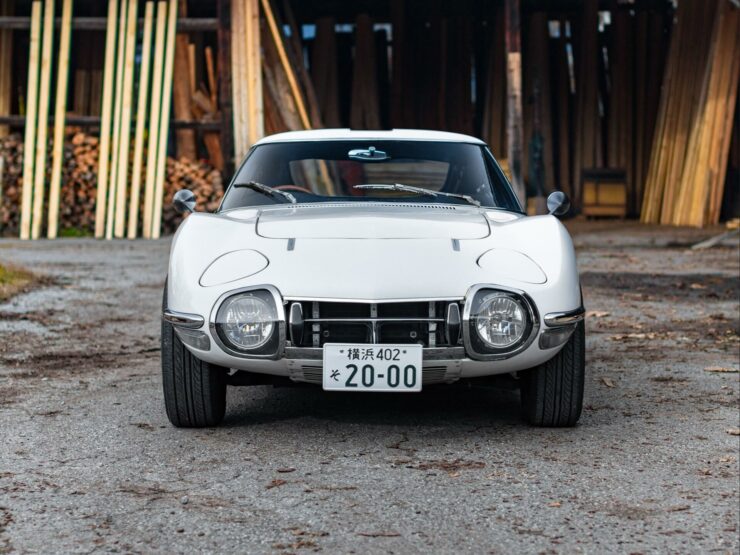
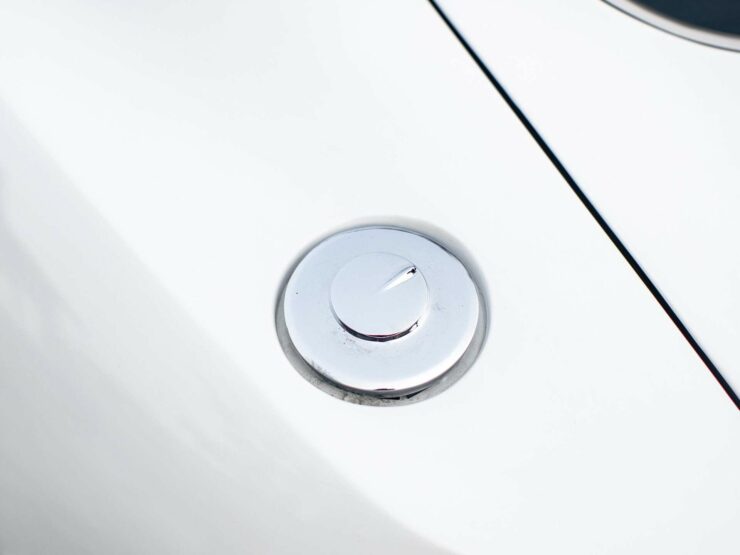
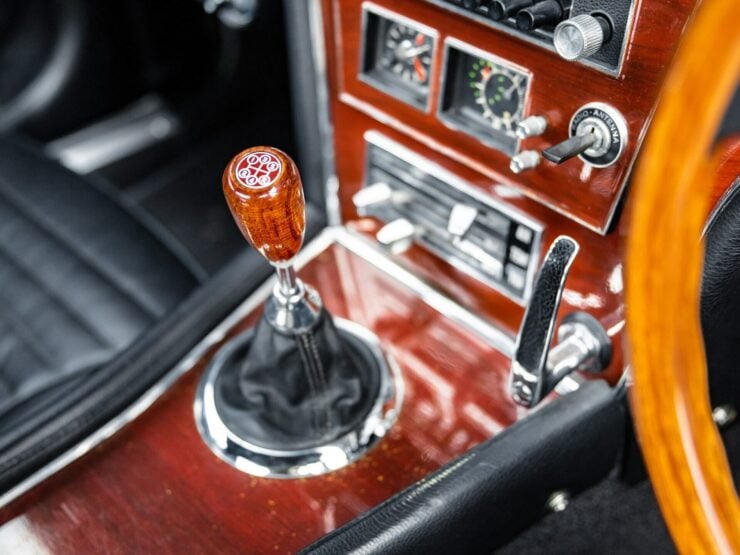
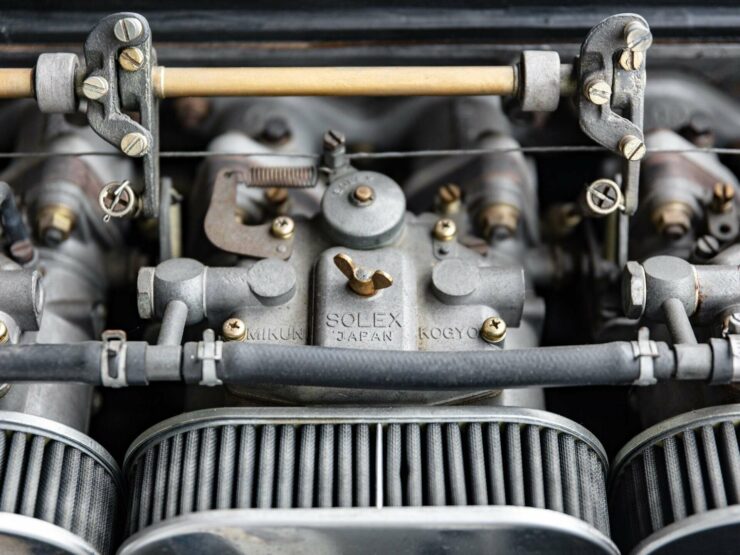
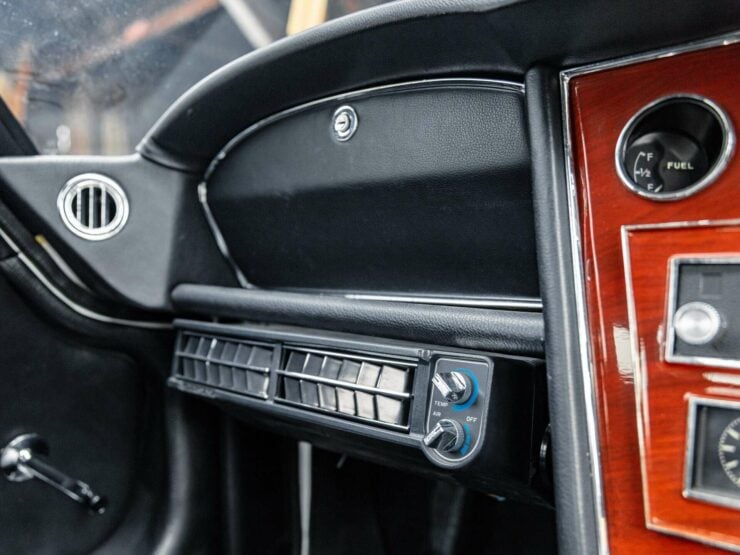
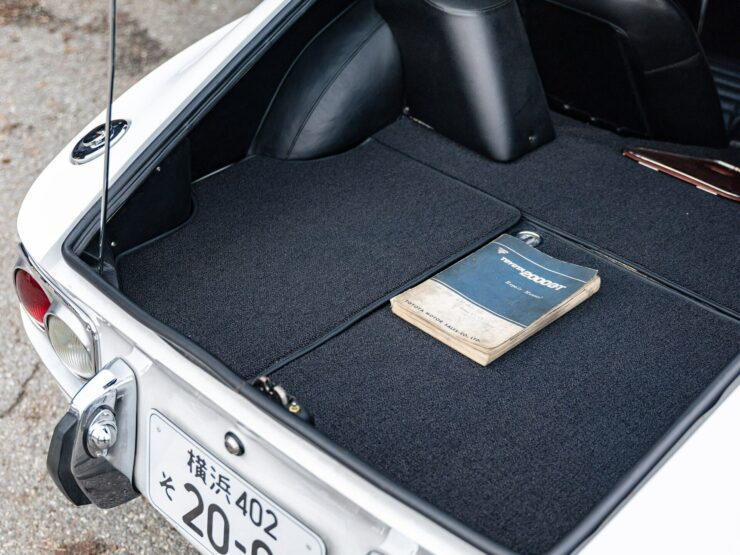
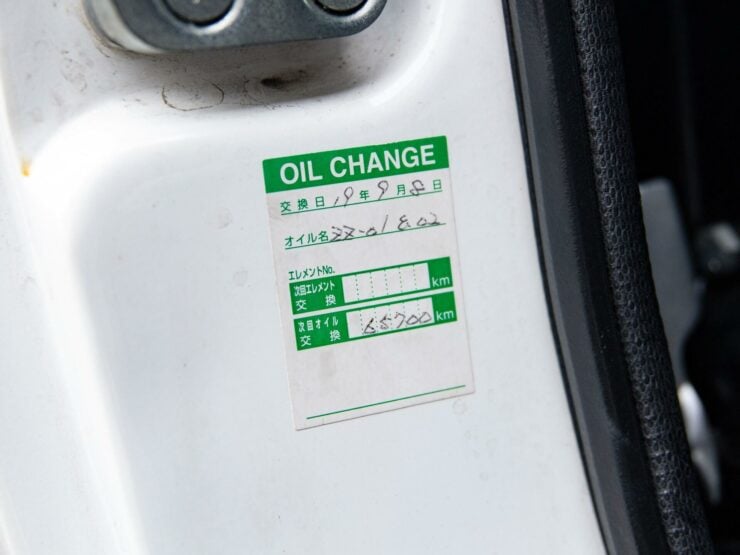

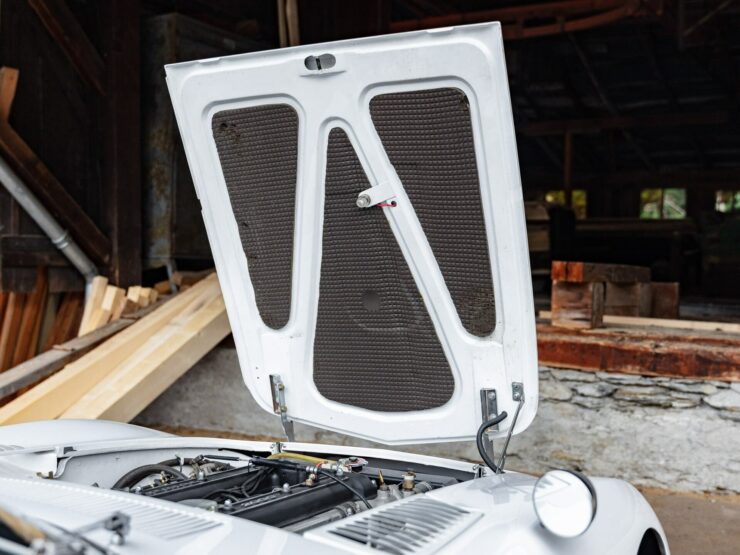
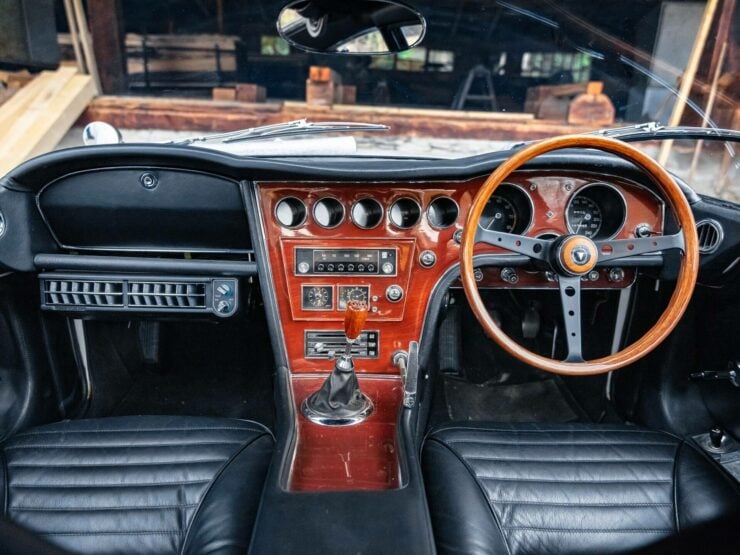
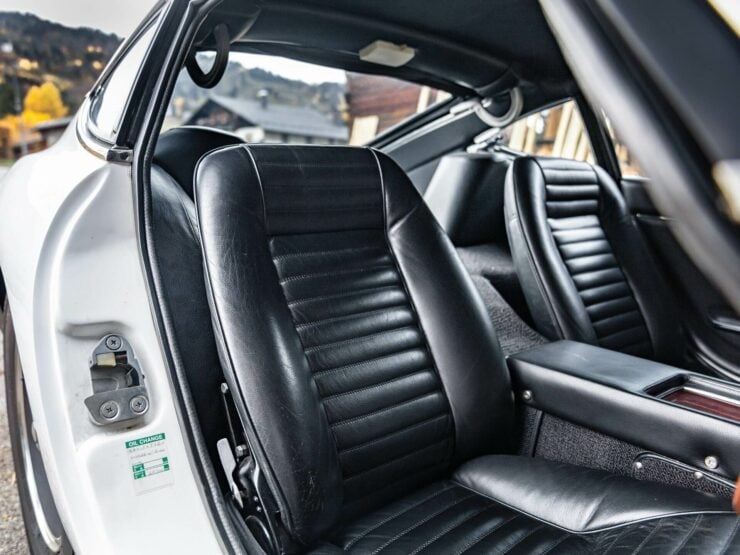
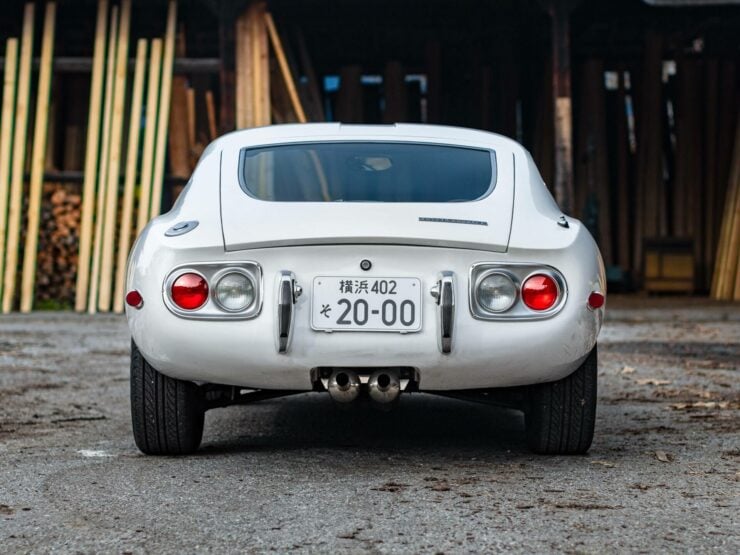
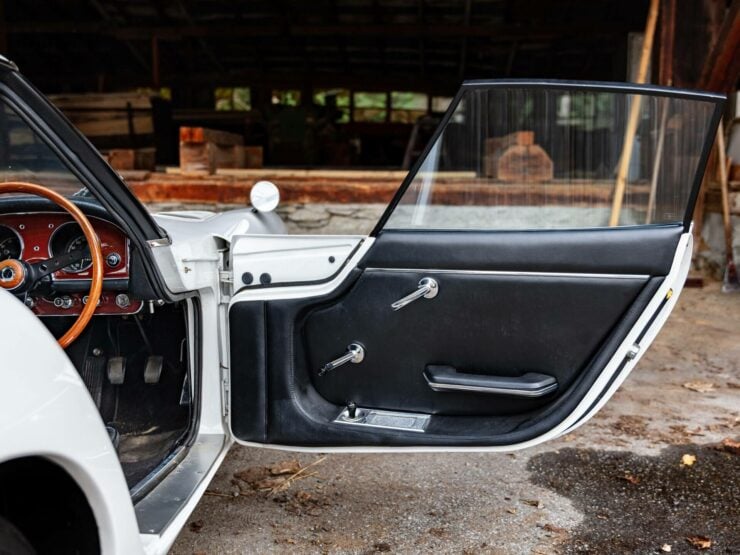
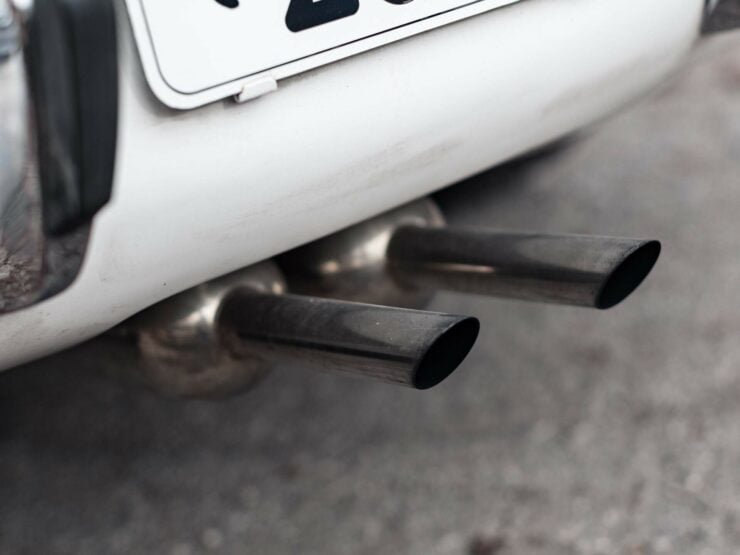

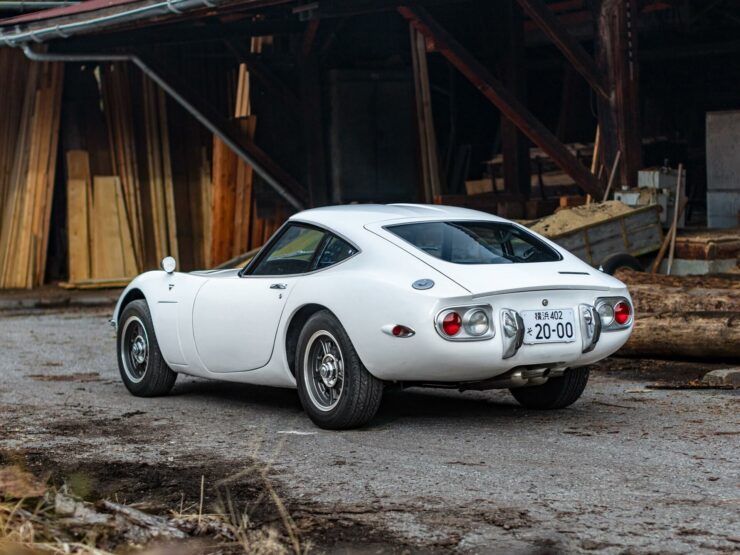
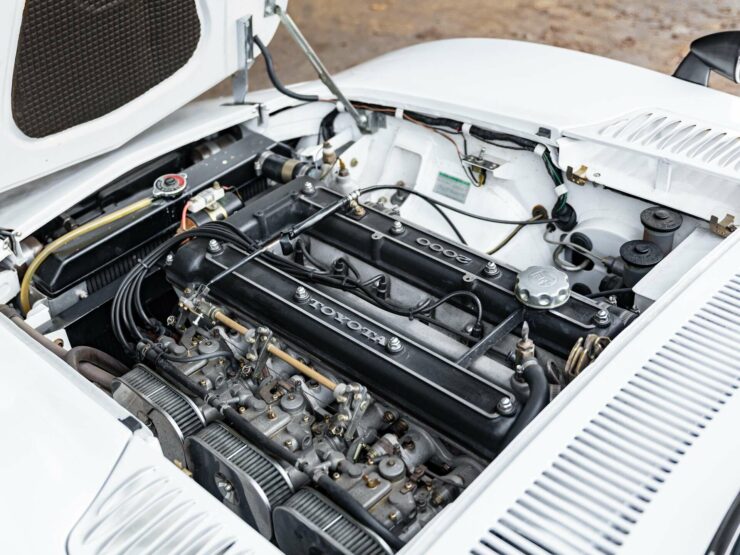
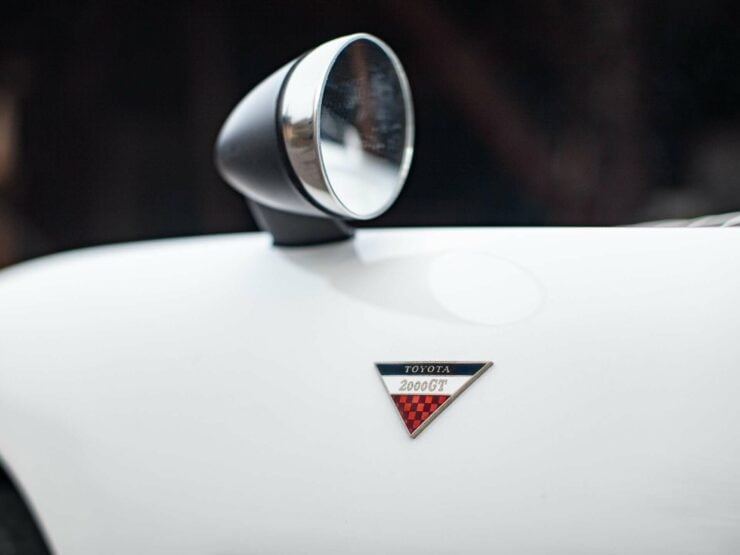
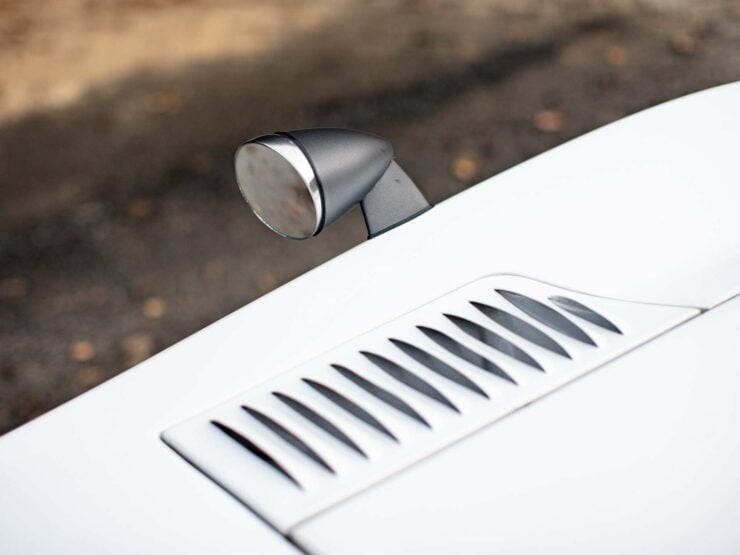
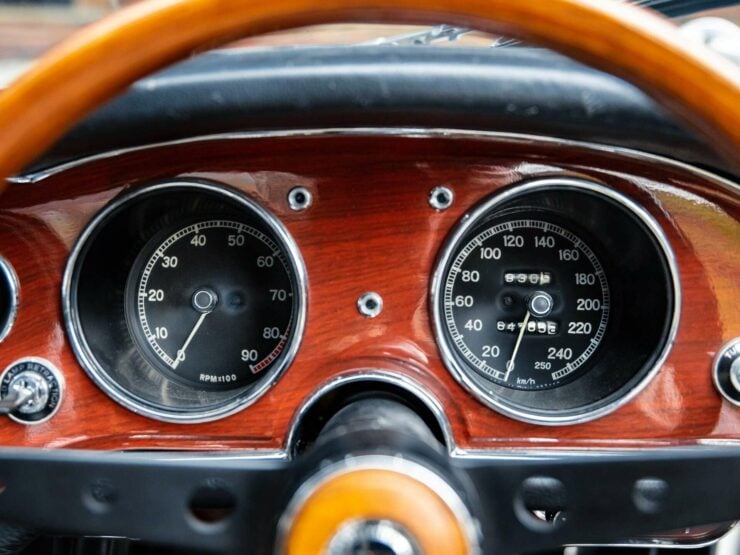
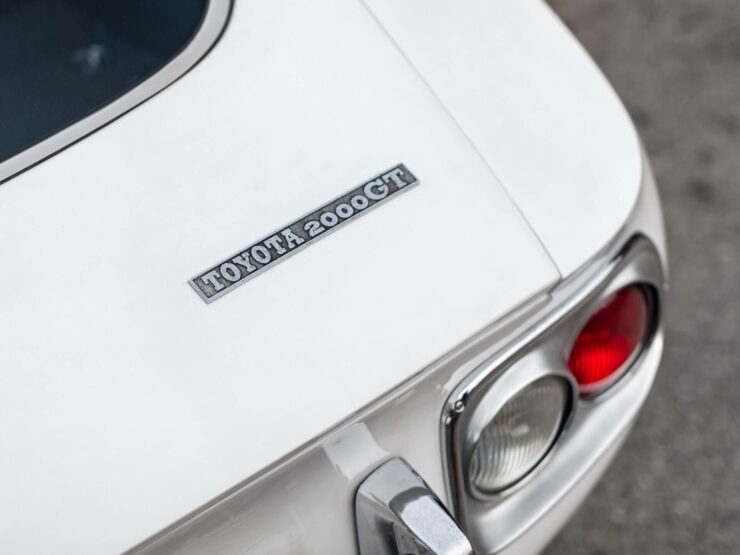
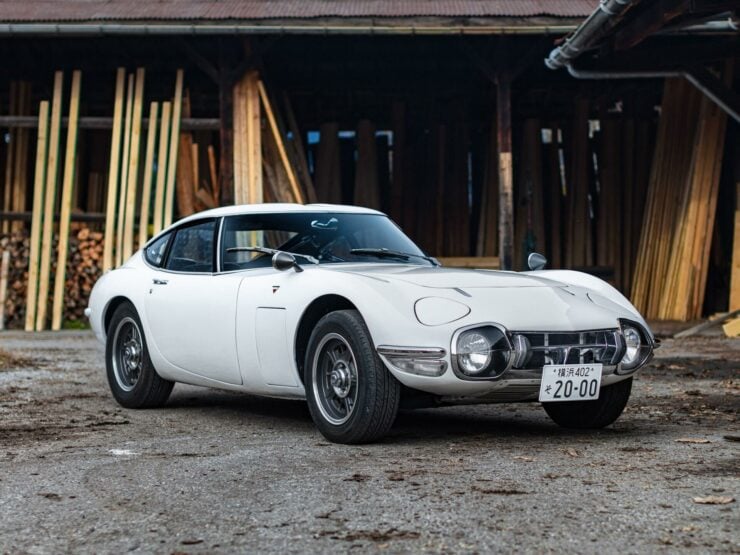
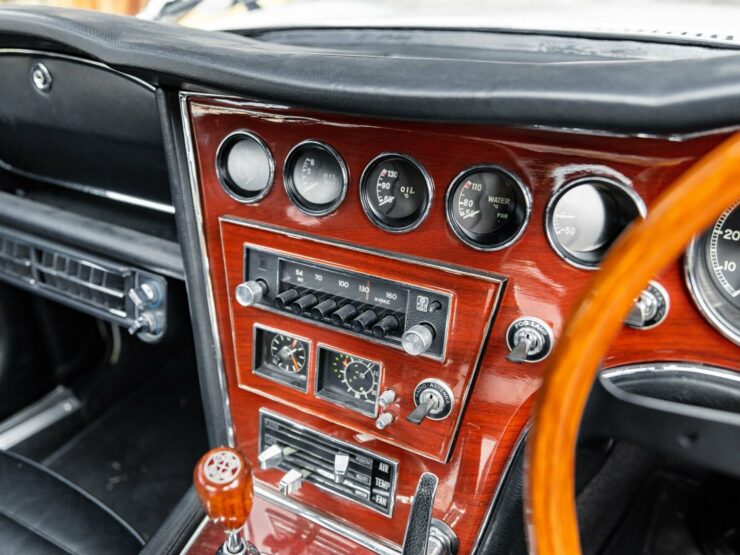
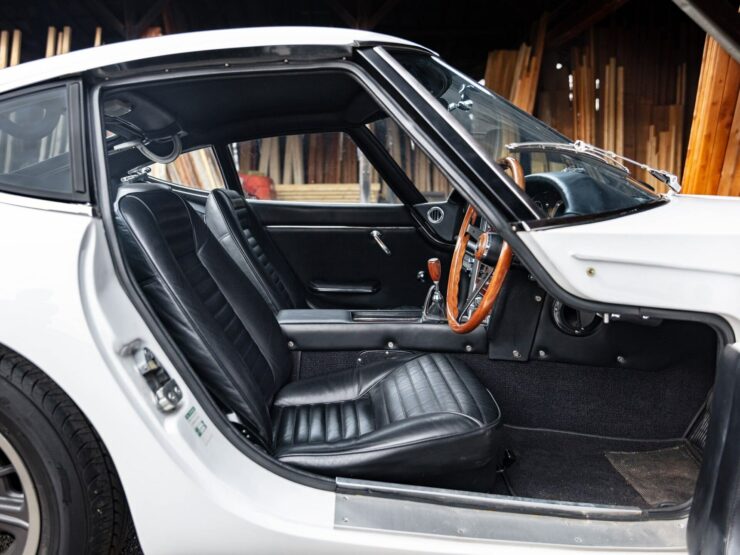
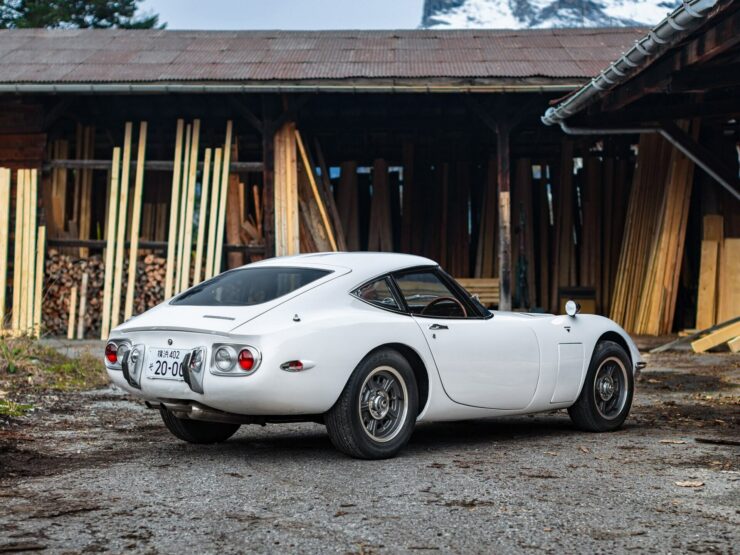

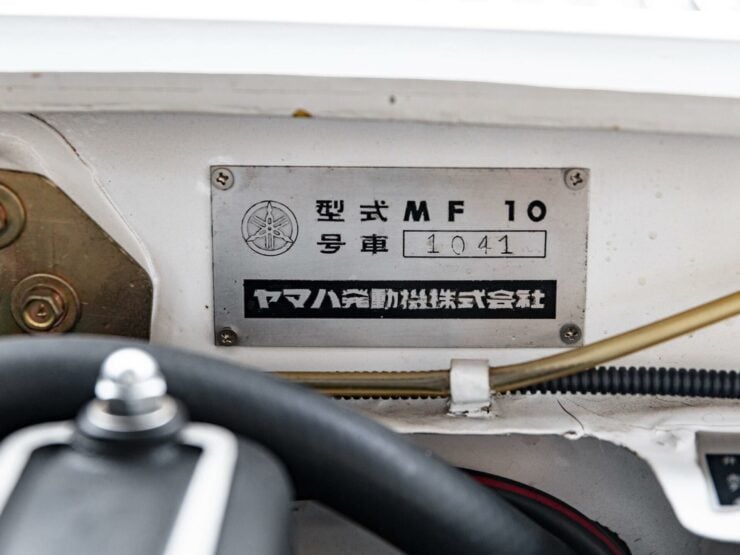
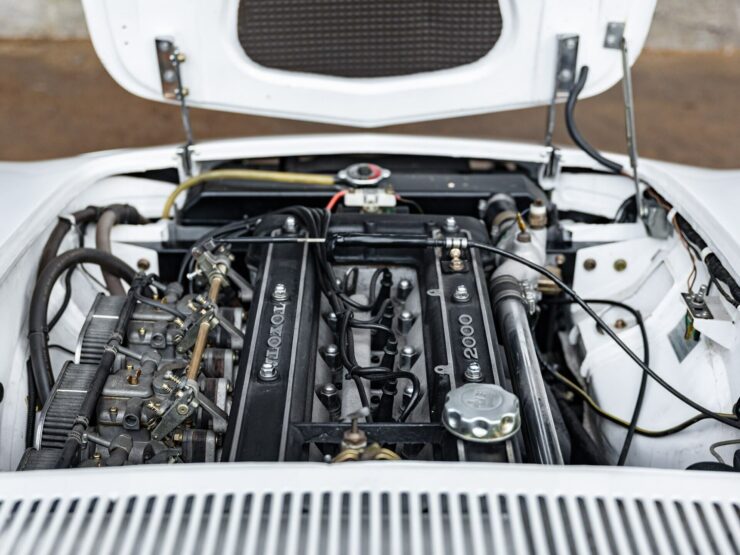
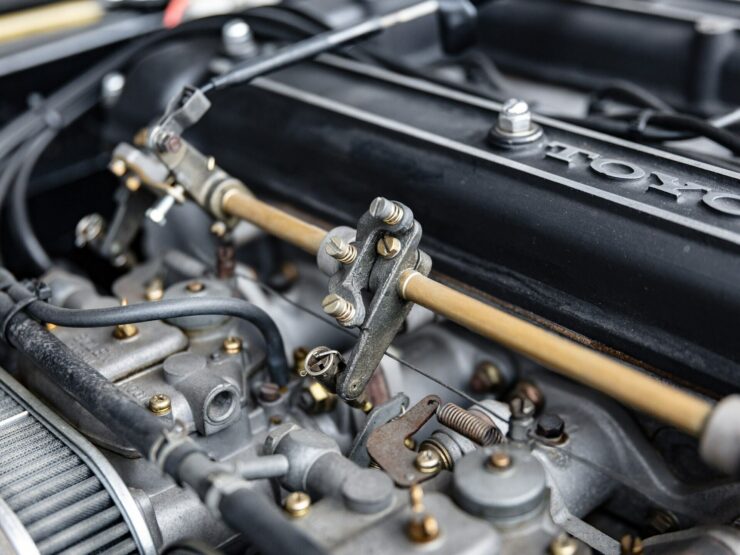
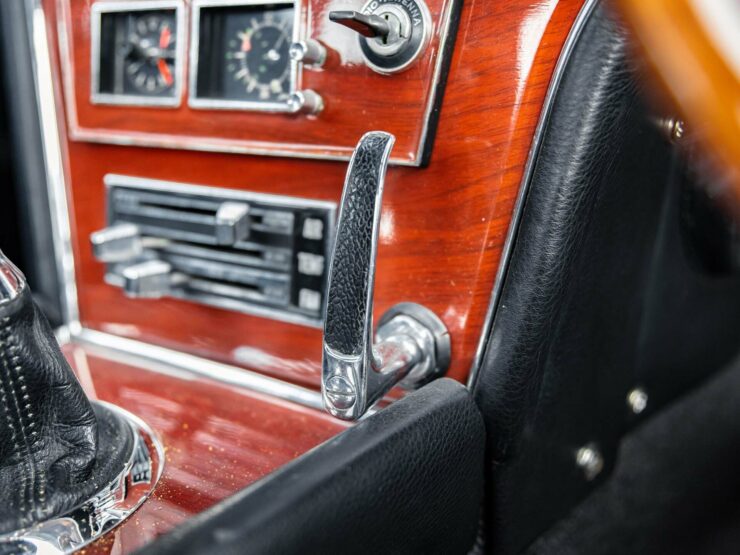
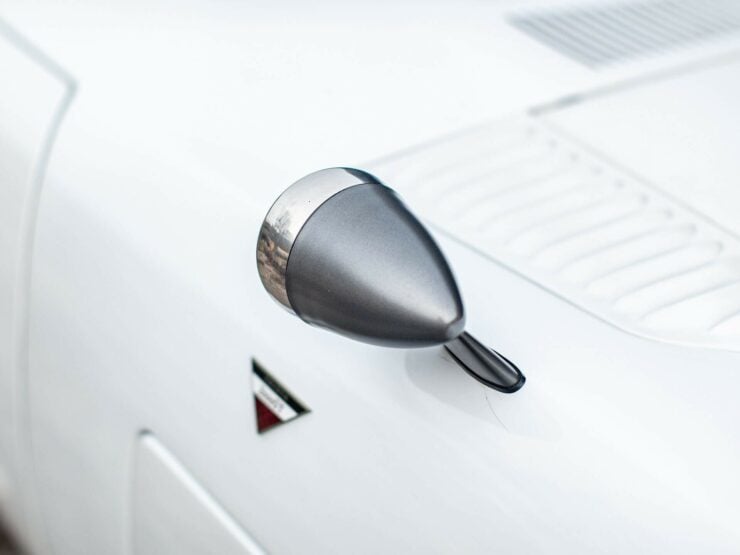
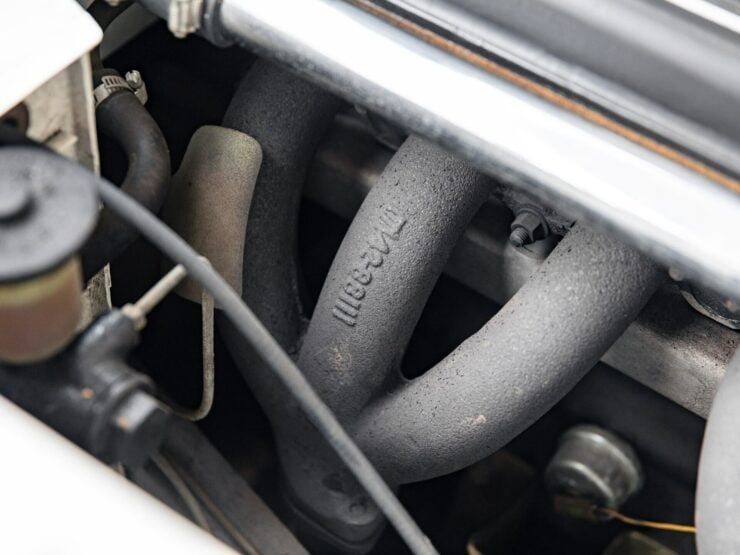
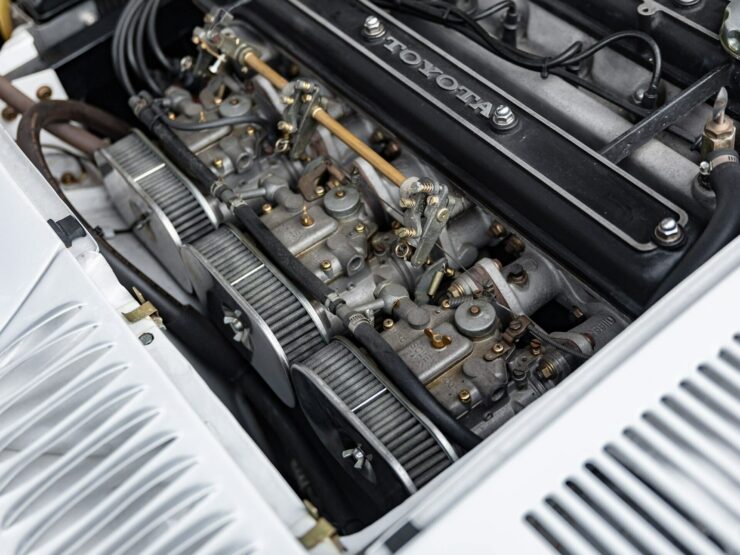
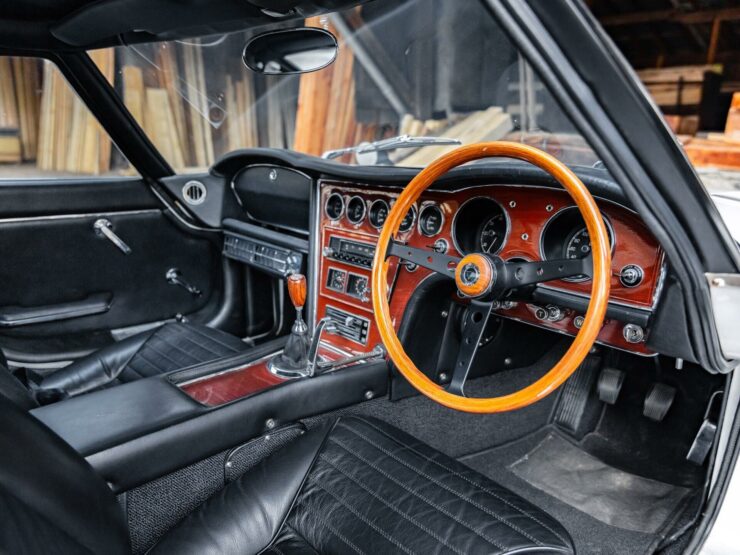
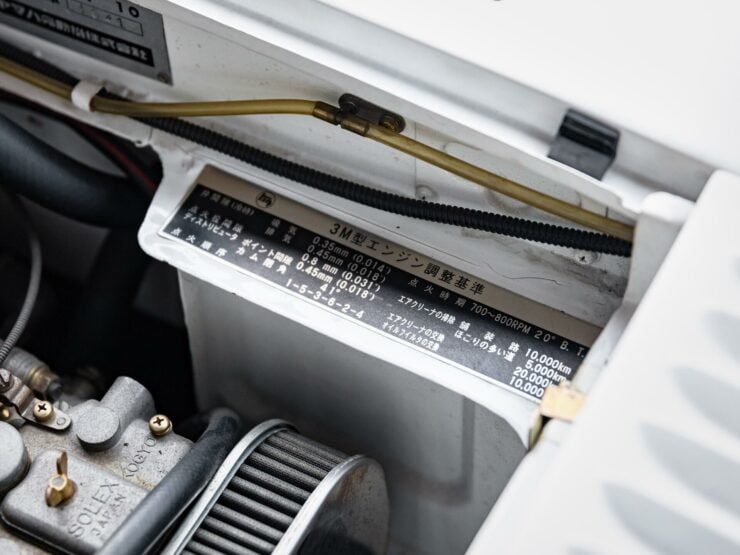
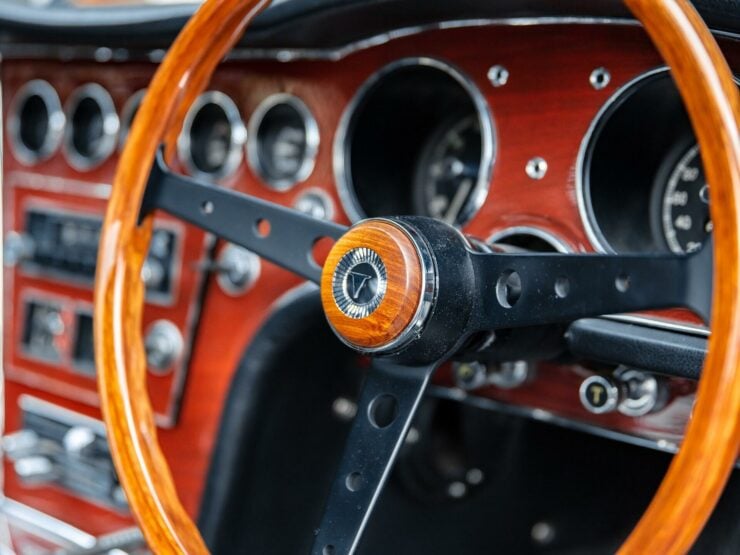
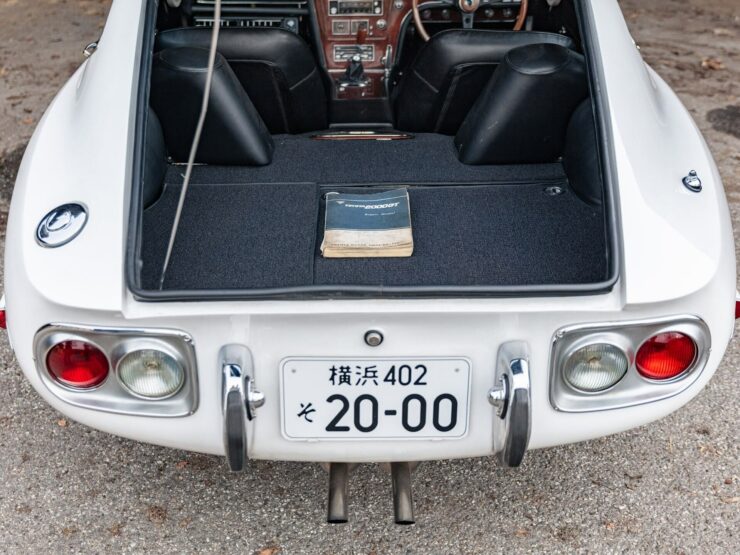
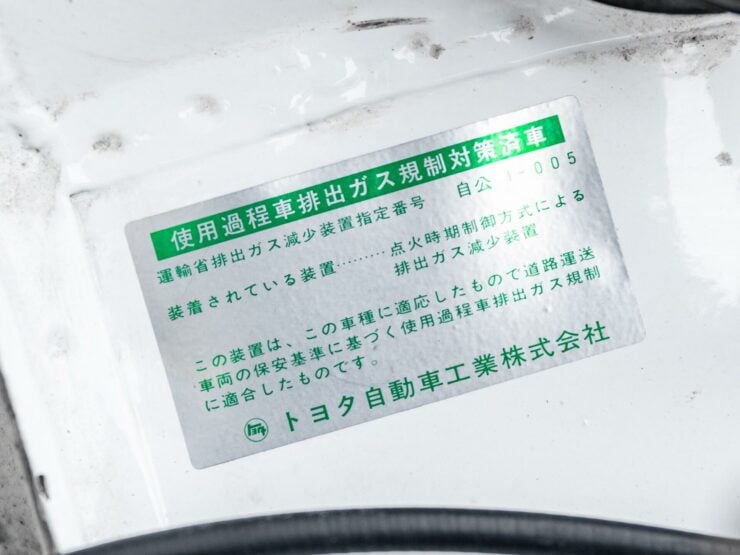
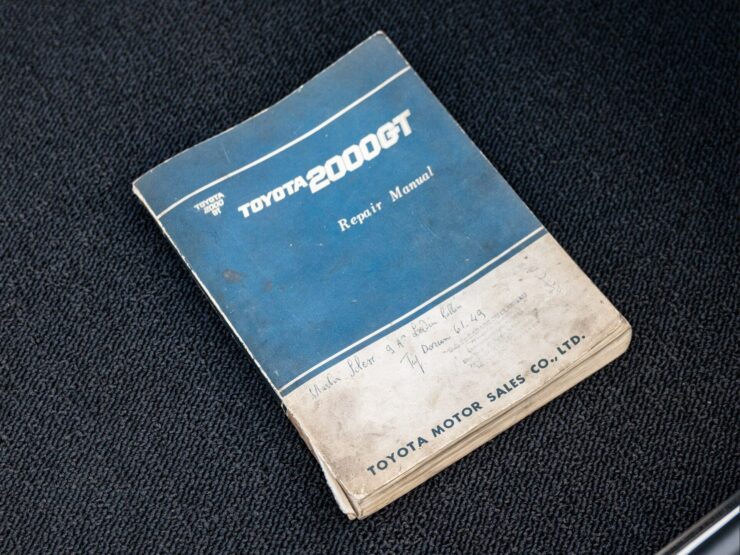
All photographs courtesy Kevin Van Campenhout via RM Sotheby’s
The post There’s A Rare Toyota 2000GT Fo r Sale appeared first on Silodrome.
from Silodrome https://silodrome.com/1967-toyota-2000gt-2/
via gqrds
